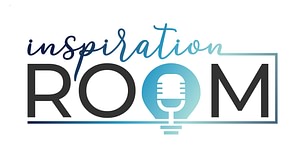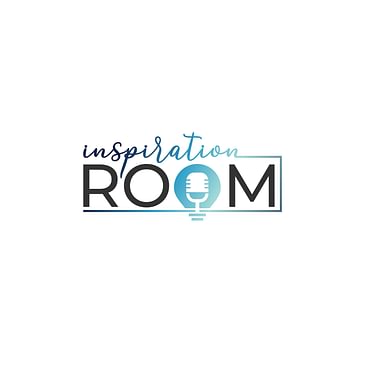A teacher, an author, an aspiring healthcare professional, a wife, a mother, a friend. Rachel also found real love in a hopeless place. Rachel Parsons seems to have it all…but, behind every successful woman there is a story and this isn’t always fairy tale. Rachel’s story is real, it’s complex and undeniably inspiring. We will touch on sexuality, post natal depression, PTSD and finding a purpose.
You can find Rachel here:
Website
Instagram
Let's do things differently.
Website
Instagram
Email: inspirationroompodcast@gmail.com


